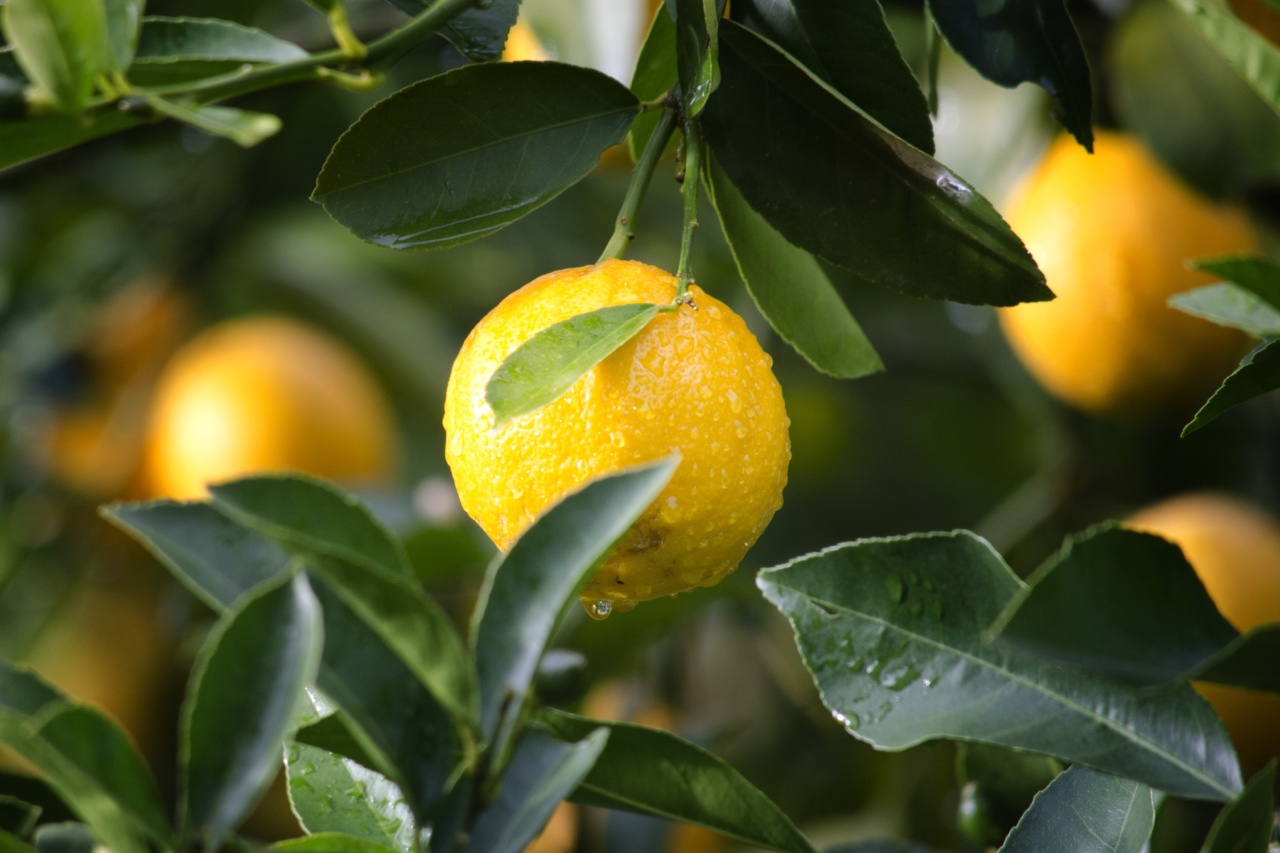Hypertension, also known as high blood pressure, is a common health problem that affects millions of people worldwide.
It is often called a “silent killer” because it may not have any noticeable symptoms, but can lead to serious health complications such as heart attacks, strokes, and kidney disease. While there are many medications available to treat hypertension, some people may prefer to explore natural remedies. One such remedy is beetroot juice, which has been shown to have a positive effect on blood pressure levels.
What is Beetroot Juice?
Beetroot juice is the juice extracted from the beetroot plant, which is also known as a garden beet, table beet, or red beet. The beetroot plant is native to Europe and has been cultivated since ancient times for its medicinal properties.
Today, it is widely used as a food ingredient and a natural remedy for various health conditions, including hypertension.
How Does Beetroot Juice Help Hypertension?
Beetroot juice contains natural nitrates, which are converted into nitric oxide in the body. Nitric oxide is a powerful vasodilator, which means it relaxes the blood vessels and allows more blood to flow through them.
This helps to lower blood pressure, as the heart does not have to work as hard to pump blood through relaxed blood vessels.
Research on Beetroot Juice and Hypertension
Several studies have been conducted on the effects of beetroot juice on hypertension.
One study published in the British Journal of Nutrition found that drinking beetroot juice lowered blood pressure in both healthy individuals and those with hypertension. Another study published in the journal Hypertension found that consuming nitrate-rich beetroot juice lowered blood pressure in patients with hypertension within 24 hours.
How to Make Beetroot Juice
To make beetroot juice, you will need fresh beetroots and a juicer. Here’s how to do it:.
- Wash the beetroots thoroughly and remove any leaves or stems.
- Cut the beetroots into small pieces that can fit into the juicer.
- Insert the beetroot pieces into the juicer and turn it on.
- Collect the juice in a glass or pitcher.
- Drink the juice immediately or store it in the refrigerator for up to two days.
Precautions
While beetroot juice is generally safe to consume, it may cause side effects in some individuals. These include:.
- Stomach upset
- Diarrhea
- Temporary discoloration of urine and stools
Anyone with kidney problems or a history of kidney stones should avoid consuming large amounts of beetroot juice, as it contains oxalates that can contribute to the formation of kidney stones.
Additionally, beetroot juice may interact with certain medications, such as blood thinners and some anti-hypertensive drugs, so it is important to consult with your doctor before adding it to your diet.
Conclusion
Beetroot juice is a natural remedy for hypertension that has been shown to have a positive effect on blood pressure levels.
It contains natural nitrates that are converted into nitric oxide in the body, which helps to relax the blood vessels and improve blood flow. While beetroot juice is generally safe to consume, anyone with kidney problems or a history of kidney stones should avoid consuming large amounts.
Additionally, it may interact with certain medications, so it is important to consult with your doctor before adding it to your diet.






























